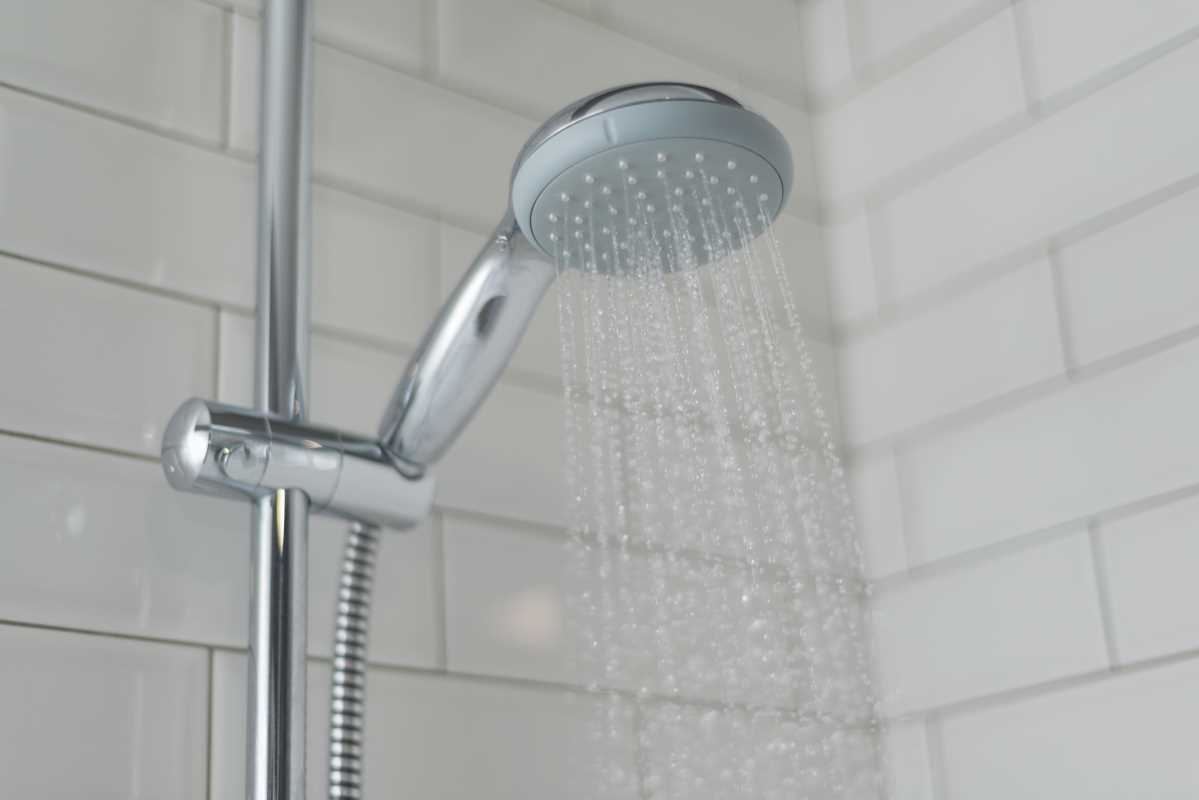Regular health checkups are a vital part of maintaining your overall well-being and preventing potential health issues before they become serious. Yet, many people tend to overlook or delay these essential checkups, often because they feel healthy or simply due to busy schedules. However, incorporating regular health screenings into your routine can lead to early detection of illnesses, improve long-term health outcomes, and offer peace of mind. Here’s an in-depth look at why regular health checkups are so important and how they can benefit you.
1. Early Detection of Health Issues
One of the most significant advantages of regular health checkups is the early detection of medical conditions. Many diseases, such as diabetes, heart disease, and certain types of cancer, may not show any symptoms in their early stages. By the time noticeable symptoms appear, the condition may have progressed, making it more difficult to treat effectively.
- Routine Screenings: Regular health checkups often include screenings for common conditions like high blood pressure, high cholesterol, and blood sugar levels. These screenings help identify issues before they develop into more serious problems. For example, detecting high blood pressure early can help prevent heart attacks and strokes.
- Cancer Screenings: Regular screenings like mammograms, Pap smears, and colonoscopies are critical for detecting cancers at an early stage when they are most treatable. Early detection can significantly improve the chances of successful treatment and recovery.
By catching potential health problems early, you can address them with appropriate medical interventions, lifestyle changes, or medications, improving the outcome and often reducing healthcare costs in the long run.
2. Preventive Care and Health Maintenance
Preventive care is an essential part of staying healthy, and regular checkups allow your healthcare provider to monitor your health and prevent potential issues from worsening. During a checkup, your doctor can recommend lifestyle changes, vaccinations, or other interventions based on your current health status and medical history.
- Vaccinations: Staying up to date on vaccinations is crucial for preventing diseases like the flu, pneumonia, and shingles. Regular health checkups ensure that you receive the appropriate vaccines at the right time.
- Lifestyle Recommendations: Your doctor can provide personalized advice on how to improve your diet, exercise routine, and stress management based on your health condition. For example, if you're at risk for diabetes, your doctor may suggest dietary changes to help regulate your blood sugar levels.
Regular checkups also give you the opportunity to discuss any concerns or symptoms that may seem minor but could be early indicators of larger issues. Addressing these concerns early can prevent complications down the line.
3. Managing Chronic Conditions
For individuals with chronic conditions like asthma, diabetes, or hypertension, regular health checkups are essential for effective management. These conditions often require ongoing monitoring and adjustments to treatment plans to ensure optimal health.
- Monitoring Treatment Effectiveness: Regular checkups allow your healthcare provider to track how well your current treatment plan is working. They can adjust medications, recommend lifestyle changes, or suggest alternative therapies to keep your condition under control.
- Preventing Complications: Chronic conditions can lead to serious complications if not properly managed. For instance, uncontrolled diabetes can result in nerve damage, kidney disease, or vision problems. Regular checkups help catch signs of complications early, so they can be treated before they become severe.
By keeping chronic conditions under control through regular monitoring and adjustments, you can improve your quality of life and reduce the risk of hospitalization or more invasive treatments.
4. Establishing a Relationship with Your Healthcare Provider
Building a strong relationship with your healthcare provider is an important aspect of maintaining your health. Regular checkups allow you to establish trust and communication with your doctor, making it easier to discuss any concerns, ask questions, and receive personalized advice.
- Comprehensive Health History: Regular visits give your healthcare provider a comprehensive understanding of your health history, lifestyle, and potential risk factors. This allows them to provide more accurate diagnoses and recommendations tailored to your specific needs.
- Comfort with Discussing Sensitive Topics: Many people may feel uncomfortable discussing certain health issues, such as mental health or sexual health, with a doctor they don’t know well. By establishing a regular relationship with your healthcare provider, you’re more likely to feel comfortable bringing up sensitive topics that can have a significant impact on your overall health.
This ongoing relationship can help ensure continuity of care and improve long-term health outcomes, as your doctor is familiar with your health history and can provide more informed guidance.
5. Mental Health Awareness
While physical health is often the focus of checkups, mental health is just as important. Regular visits to your healthcare provider can help identify signs of mental health issues like anxiety, depression, or stress. Unfortunately, mental health concerns are often overlooked or untreated due to stigma or lack of awareness.
- Early Detection of Mental Health Issues: Your healthcare provider may be able to identify symptoms of mental health conditions during a regular checkup, even if you aren’t aware of them yourself. This early detection allows for timely intervention, whether through therapy, medication, or lifestyle changes.
- Providing Resources: If you’re struggling with mental health concerns, your doctor can recommend resources such as counseling, support groups, or mental health professionals who specialize in your needs.
Mental health screenings are becoming a more common part of routine checkups, helping to reduce the stigma and ensuring that people receive the support they need to maintain their overall well-being.
6. Peace of Mind
Knowing that you're on top of your health can provide significant peace of mind. Regular health checkups can alleviate concerns by confirming that everything is functioning as it should or identifying areas that need attention.
- Addressing Health Anxiety: Many people experience anxiety about their health, often fearing the worst when they experience minor symptoms. Regular checkups can help ease this anxiety by providing reassurance or offering early treatment options if something is amiss.
- Taking Control of Your Health: Regular checkups empower you to take control of your health by giving you the knowledge and tools needed to make informed decisions. With routine monitoring, you're less likely to be caught off guard by sudden health issues.
Being proactive about your health not only reduces the chances of unexpected medical problems but also fosters a sense of confidence that you're doing everything possible to stay healthy.
7. Cost Savings in the Long Run
Although it may seem like an added expense to schedule regular checkups, they can actually save you money in the long run. Early detection and preventive care are far more cost-effective than waiting until a condition becomes serious enough to require hospitalization, surgery, or long-term treatment.
- Preventing Major Medical Expenses: By catching diseases in their early stages, regular checkups can prevent more severe (and expensive) medical interventions later on. For example, managing high blood pressure through lifestyle changes and medication is far less costly than treating a heart attack.
- Insurance Incentives: Many health insurance plans offer incentives or cover the cost of preventive care, including regular checkups. This not only makes them affordable but encourages individuals to stay on top of their health.
Investing in your health through regular checkups can pay off by reducing long-term medical costs, improving your quality of life, and helping you avoid expensive and invasive treatments.
Final Thoughts
Regular health checkups are an essential part of a proactive approach to maintaining your overall well-being. From early detection of health issues to managing chronic conditions and mental health concerns, these checkups provide an opportunity to stay informed and take control of your health. Building a relationship with your healthcare provider, taking advantage of preventive care, and ensuring peace of mind all contribute to a healthier, more balanced life. Prioritizing regular health checkups now can lead to significant benefits, both physically and financially, in the long term.







